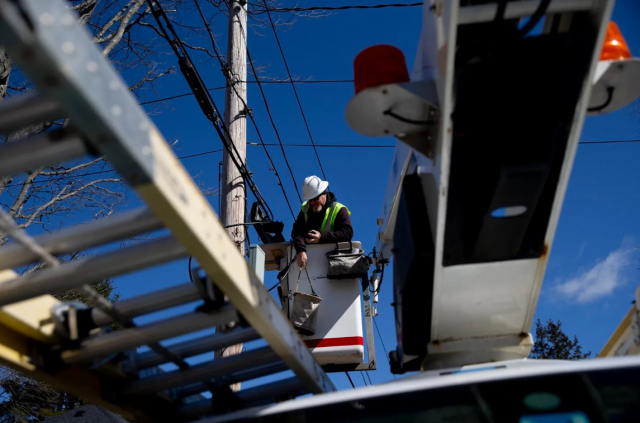Protecting Our Veterans and Servicemembers

When American men and women sign up to serve and defend our nation, we promise them the highest level of training and preparation. But we also owe them protection from the dangers that may arise from their service.
One of the biggest risks associated with military training and service is brain injury including traumatic brain injury (TBI), which is now considered the "signature wound" of the Iraq and Afghanistan wars. These invisible injuries can lead to mental health challenges down the road, including suicide, which can rip apart families and communities.
The Department of Defense needs to do more to take care of these brave individuals. So, I wrote a letter to Defense Secretary Lloyd Austin urging him to fast-track the assessment and protection of servicemembers exposed to blasts. In that letter I made clear my frustration at the lack of urgency in addressing the direct impacts of these blasts that cause brain injuries.
That urgency hits home for us here in Maine. Reports after the Lewiston shooting confirmed that the gunman — an Army Reservist — was repeatedly exposed to blasts during Army trainings, likely causing a TBI.
At the urging of the entire Maine Congressional Delegation, we pressed the Army to conduct a full review of the events leading up the mass shooting in Lewiston. And this month, the Army released its report. So, again, alongside Maine's Congressional Delegation, we wrote to Secretary Austin pushing him to immediately implement the actions recommended by the Army's investigation. And, in that letter, we also asked for there to be further investigation into whether or not the gunman responsible for the tragedy in Lewiston received proper care at the facility where he was receiving mental health treatment.
We must ensure we are properly taking care of those who suffer from a TBI — making certain they have the support and care to live a safe and healthy life.
While the healing from what happened in Lewiston will never be complete, I commit to doing everything in my power at the federal level so that nothing like this ever happens again.
___________________________________________________________
Keeping Maine Connected

In the 21st century, broadband is no longer a luxury. It's a critical part of everyday life for Maine people — from work to school to healthcare. But getting online is challenging for those who live in rural communities. Thankfully, there is a lot of great work happening at both the state and federal level to help folks get connected.
In this month's episode of "Inside Maine," I was joined by Andrew Butcher, the President of the Maine Connectivity Authority (MCA), who shared his perspective on the importance of broadband expansion and provided an update on the work he's doing to better connect Maine. During the podcast he shared great news with me: nearly 95% of Maine is now connected to the Internet thanks to money from the Bipartisan Infrastructure Law.
My colleague Senator Joe Manchin (I-WV) also joined in to discuss what steps we're taking at the federal level to increase internet accessibility and affordability for communities nationwide. Being from West Virginia, he is all too familiar with the challenges that come with rural connectivity.
You can find the July episode of "Inside Maine," as well as previous episodes, here.
The Bipartisan Infrastructure Law has made game changing investments in Maine since it was signed into law in 2021 — especially when it comes to broadband expansion. It is exciting to see that nearly three years later that law is still making positive impacts on communities here in Maine.
This month, the Department of Commerce also announced it was opening applications for a $1 billion digital inclusion grant — funded through the bipartisan Digital Equity Act which I was proud to champion alongside my friends Senator Patty Murray (D-WA) and former Senator Rob Portman (R-OH). This legislation, which became part of the Bipartisan Infrastructure Law, was designed to make federal dollars available to states working to promote digital equity.
This is a historic opportunity for communities in all corners of our state that will help to power 21st century life and work to further close the digital divide.
As Co-Chair of the bipartisan Senate Broadband Caucus, I'm devoted to working with leaders in Maine and my colleagues in the Senate to ensure every Maine household, business and school — regardless of zip code — has access to reliable, high-speed internet.
___________________________________________________________ |